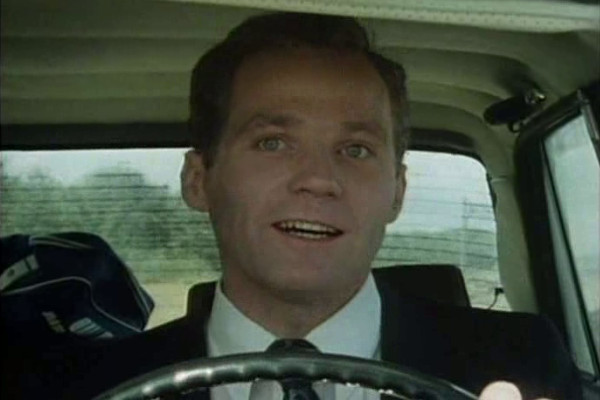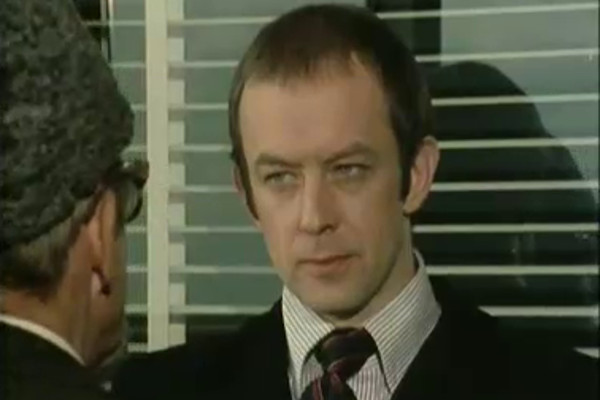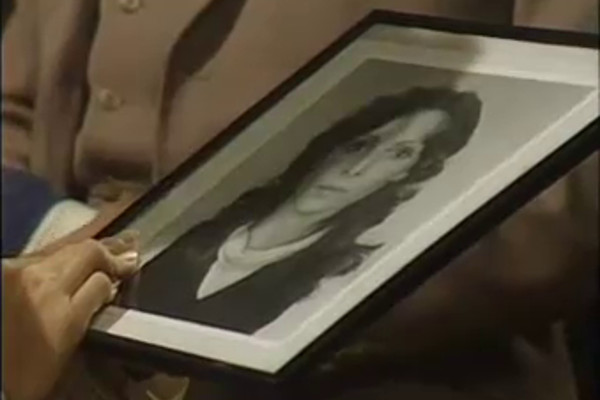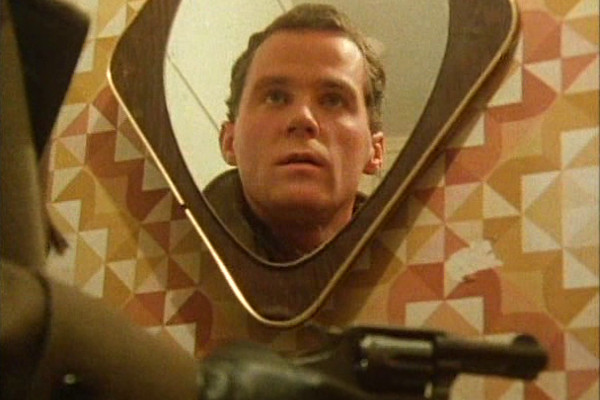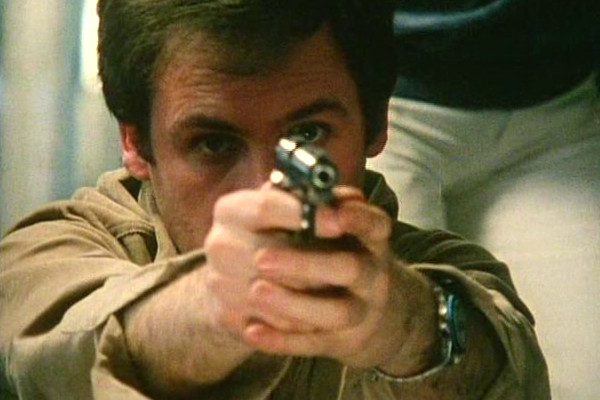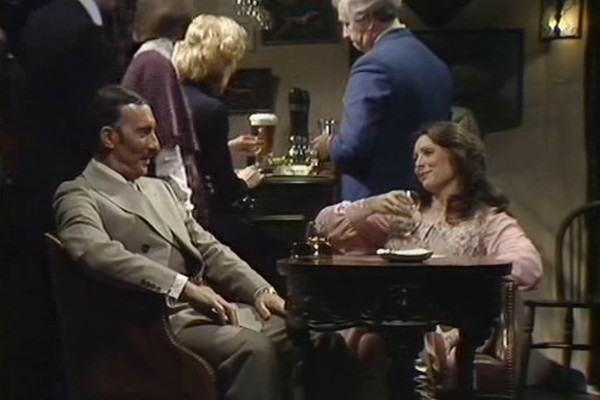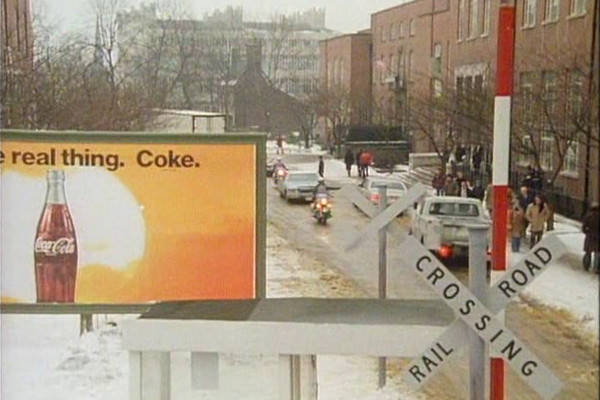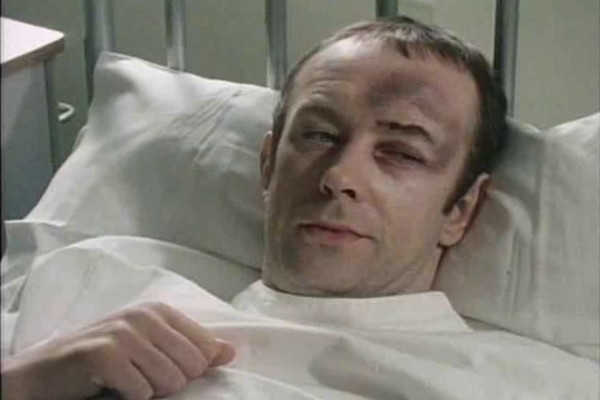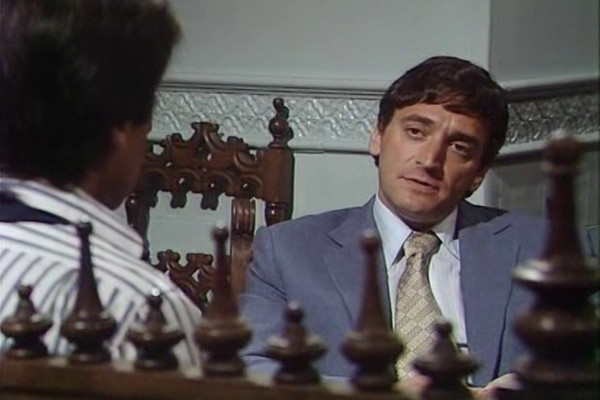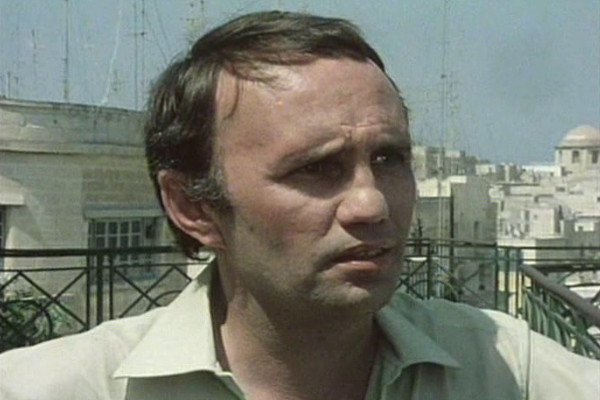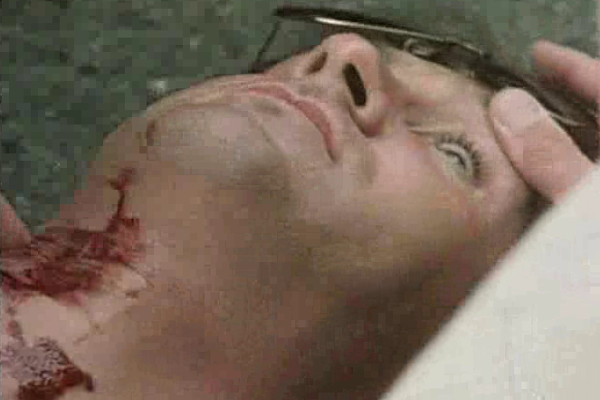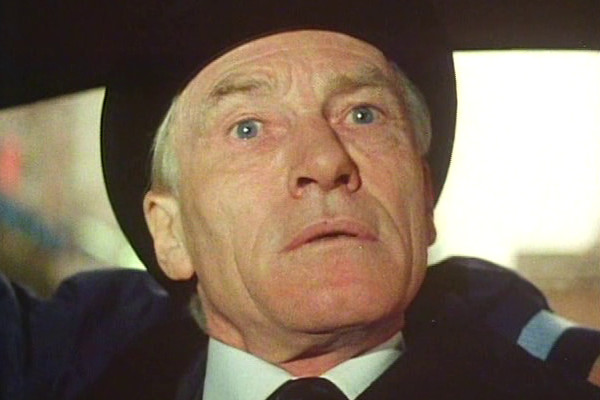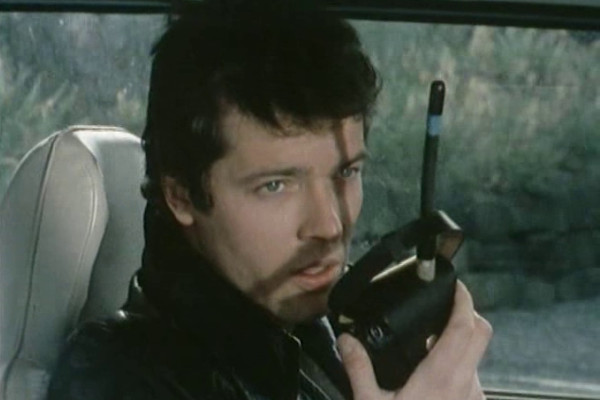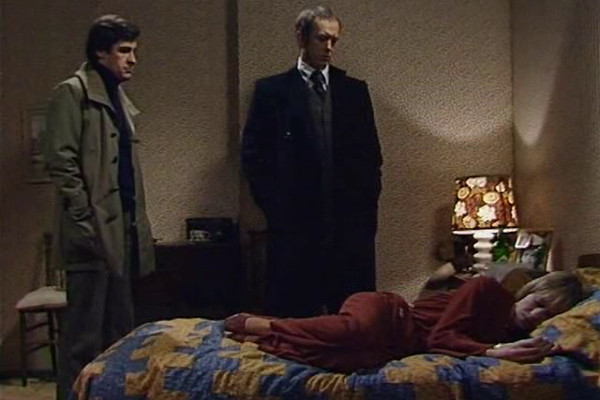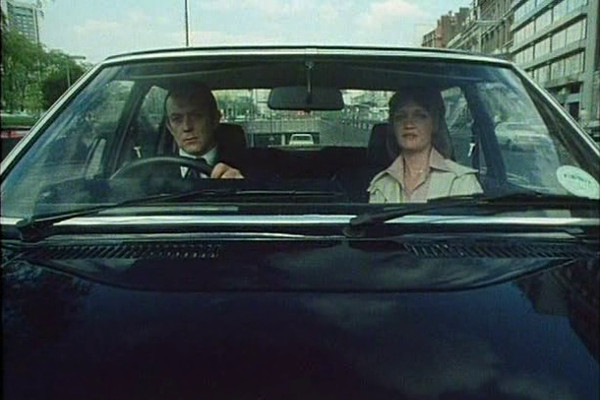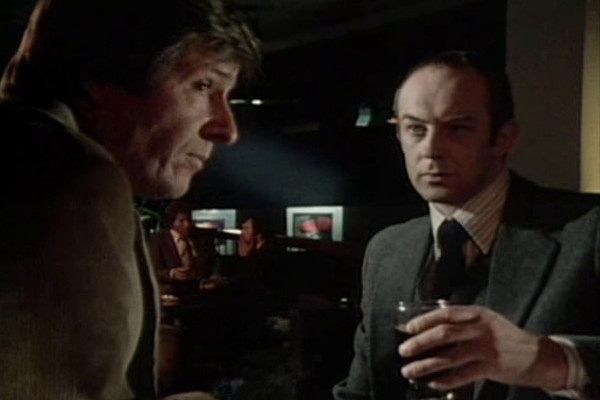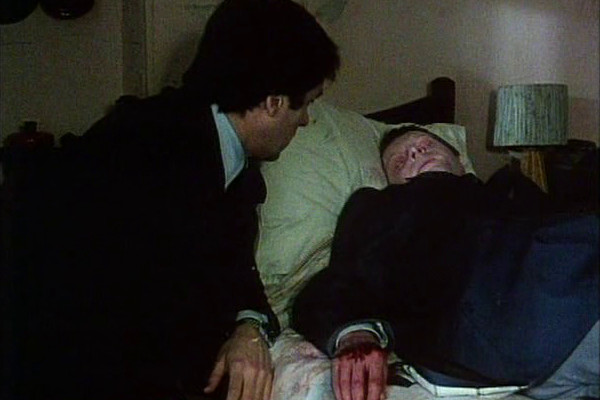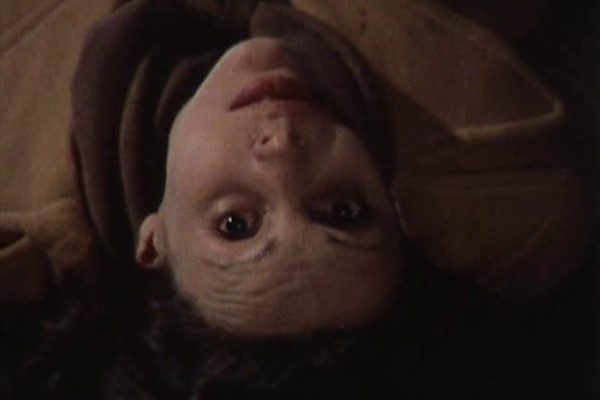Possibly the best spy series of all time , or at the very least on a par with Callan. Here ranked by the ANORAK ZONE. I pretty much agree with most of the ranking here.
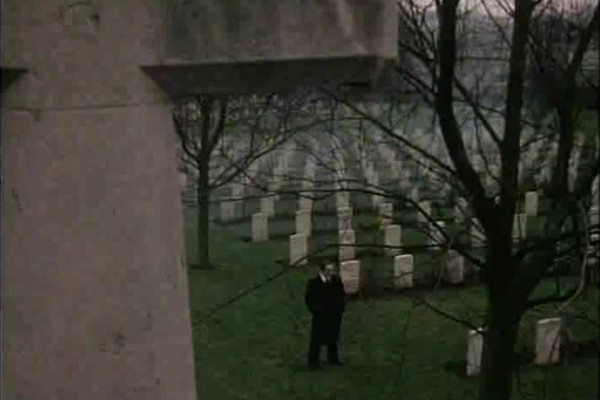
20 My Name
Is Anna
Wiseman (3.4)
Adding to the mystique and enduring legacy of the programme is creator Ian Mackintosh's disappearance. A former Royal Navy Officer, those closest to him, even family members, believed that he was involved in the spy services. (Indeed, a season two script was reputedly vetoed because it contravened the Official Secrets Act). In July 1979 a private plane that Mackintosh was flying with two friends disappeared, and the writer hasn't been seen since, presumed dead. However, in a series of events that could almost mirror one of the plots of the programme, the plane took deviations from its expected route, and rumours that all was not as it seemed still persist to this day.
The impact this left on the series was that, with only four scripts of the final season finished, other writers were called upon to come up with scripts to complete it. With the series so heavily the work of one writer, it's almost an impossible task, and this first of two scripts by Gidley Wheeler comes in last place almost by default. Although there are serious attempts to tie it in to the continuity of the series, even referencing events of the previous episode, what harms the story is that the central plotline is, in effect, "external" to the main characters, with none of them in any immediate danger from proceedings. It perhaps doesn't help modern viewers that this is one of the most KGB-orientated episodes, causing it to be more of a television relic than other examples; the final minutes of a taped plea against the regime, running through the end credits, may be seen as either an innovation or overbearingly trite, depending on point of view.
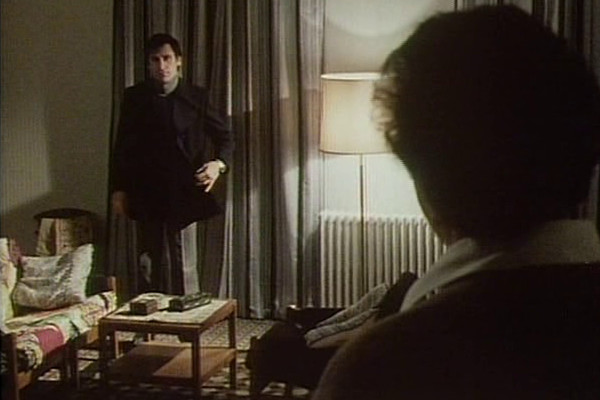
19 Sometimes We
Play Dirty Too (3.5)
Sometimes We Play Dirty Too sees the Secret Service Director of Operations Neil Burnside (the outstanding Roy Marsden) send his main intelligence officer – or "Sandbagger" – out to investigate the death of a former spy in Prague. Sandbagger #1 Willie Caine (Ray Lonnen) discovers that there's more to events than are being disclosed.
Arden Winch's sole script for the series presents a very pedestrian, standard spy plot and, while not quite as dreary as My Name Is Anna Wiseman, contains little to lift itself above the mundane. What's notable is a lack of continuity within the series – the labyrinthine political debates between Burnside and his superiors is absent, and his friend, cuddly CIA agent Jeff Ross (Bob Sherman) gets involved, despite him being on bad terms with the department in his previous appearance. Most crucially, the plot is again one with little impact or conflict for the main characters who, after three seasons, the viewer has become invested in.

20 My Name
Is Anna
Wiseman (3.4)
Adding to the mystique and enduring legacy of the programme is creator Ian Mackintosh's disappearance. A former Royal Navy Officer, those closest to him, even family members, believed that he was involved in the spy services. (Indeed, a season two script was reputedly vetoed because it contravened the Official Secrets Act). In July 1979 a private plane that Mackintosh was flying with two friends disappeared, and the writer hasn't been seen since, presumed dead. However, in a series of events that could almost mirror one of the plots of the programme, the plane took deviations from its expected route, and rumours that all was not as it seemed still persist to this day.
The impact this left on the series was that, with only four scripts of the final season finished, other writers were called upon to come up with scripts to complete it. With the series so heavily the work of one writer, it's almost an impossible task, and this first of two scripts by Gidley Wheeler comes in last place almost by default. Although there are serious attempts to tie it in to the continuity of the series, even referencing events of the previous episode, what harms the story is that the central plotline is, in effect, "external" to the main characters, with none of them in any immediate danger from proceedings. It perhaps doesn't help modern viewers that this is one of the most KGB-orientated episodes, causing it to be more of a television relic than other examples; the final minutes of a taped plea against the regime, running through the end credits, may be seen as either an innovation or overbearingly trite, depending on point of view.

19 Sometimes We
Play Dirty Too (3.5)
Sometimes We Play Dirty Too sees the Secret Service Director of Operations Neil Burnside (the outstanding Roy Marsden) send his main intelligence officer – or "Sandbagger" – out to investigate the death of a former spy in Prague. Sandbagger #1 Willie Caine (Ray Lonnen) discovers that there's more to events than are being disclosed.
Arden Winch's sole script for the series presents a very pedestrian, standard spy plot and, while not quite as dreary as My Name Is Anna Wiseman, contains little to lift itself above the mundane. What's notable is a lack of continuity within the series – the labyrinthine political debates between Burnside and his superiors is absent, and his friend, cuddly CIA agent Jeff Ross (Bob Sherman) gets involved, despite him being on bad terms with the department in his previous appearance. Most crucially, the plot is again one with little impact or conflict for the main characters who, after three seasons, the viewer has become invested in.

